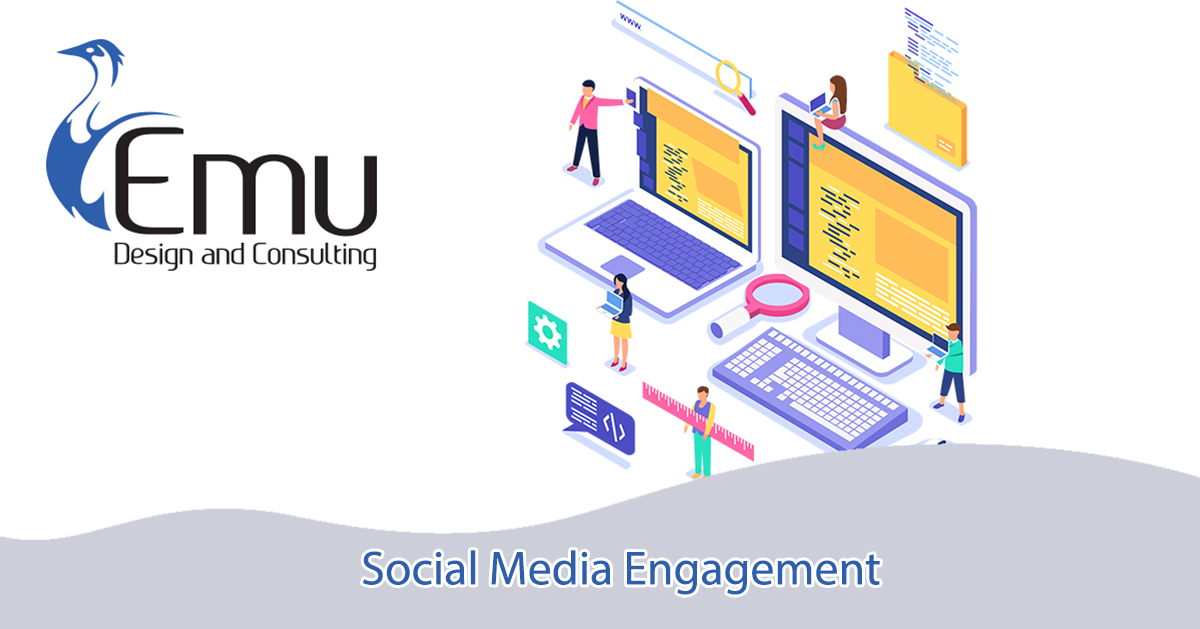Social Media Engagement
Without engagement, social media is just a broadcast channel. People use it to connect with other people and brands — not receive one-way communication from them.
What began as a way for people to socialize with friends has turned into an opportunity for brands to engage in meaningful conversations, turning followers and customers. It is important to recognize that social media engagement has a major impact on small businesses, influencing everything from brand awareness to customer loyalty.
Here, you can learn all about social media engagement and how to optimize it so that your efforts have the greatest possible impact.
What is social media engagement?
Social media engagement refers to the frequency and quality of interactions between people and brands on social networking sites. It encompasses everything from liking a company’s page or sharing its content, to leaving comments about products or services. Some examples of social media engagement include:
- Comments, DMs, Replies
- Likes and Favorites
- Shares and Retweets
- Mentions
- Saves and clicks
Engagement is not only a metric that helps you understand how well your content performs, it’s also an essential part of the audience-building process.
The importance of social media engagement
Why is engagement so important? Really, the answer is simple: because social media platforms say so. Organic reach has dropped on almost every platform in recent years, but users with higher engagement levels are the least affected by this trend.
In fact, Facebook uses “meaningful engagement” as an important signal that a post should go viral. That is to say, posts with lots of active and thoughtful interactions will get more reach on the social media platform—and so will yours! As Facebook explains:
“Interacting with people is associated with a greater sense of well-being… On the other hand, just scrolling through your Facebook feed, passively reading or watching without interacting with others, tends to make people feel worse.”
Customers expect you to engage them, and social media is the number one choice for customer care. The average person sends or receives more than a hundred messages per month on Facebook alone—and depends on brands like yours in order to solve their problems quickly and efficiently. Based on 2016 research commissioned by Twitter, 71% of their users expect brands to respond within one hour.
People love seeing brands connect with them on a personal level. A study found that when companies respond to customer complaints publicly, they can increase loyalty by 25%. It may be a bit intimidating to respond publicly, but if you provide great service your customers will love you for it. In fact, an average of 66% of people between the ages 18-54 view brands more favorably if they respond to customer service requests on social media—and that’s just one group! Each back-and-forth counts as engagement, which further boosts your reach.
We use social media to learn from our customers and community about how we can improve their experience, which builds relationships. Having this direct line enables us to develop empathy for our target audience and create better products for them.

